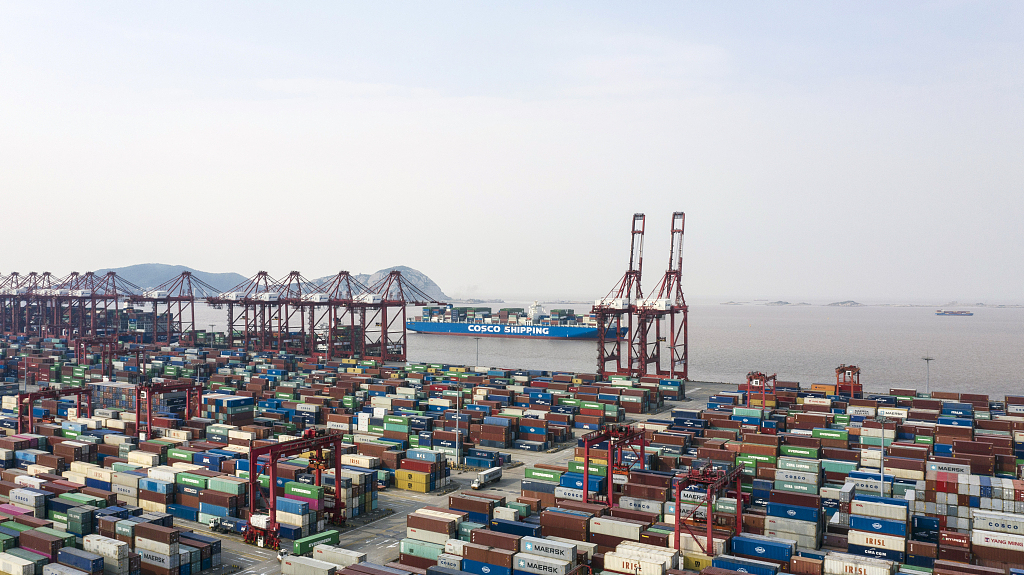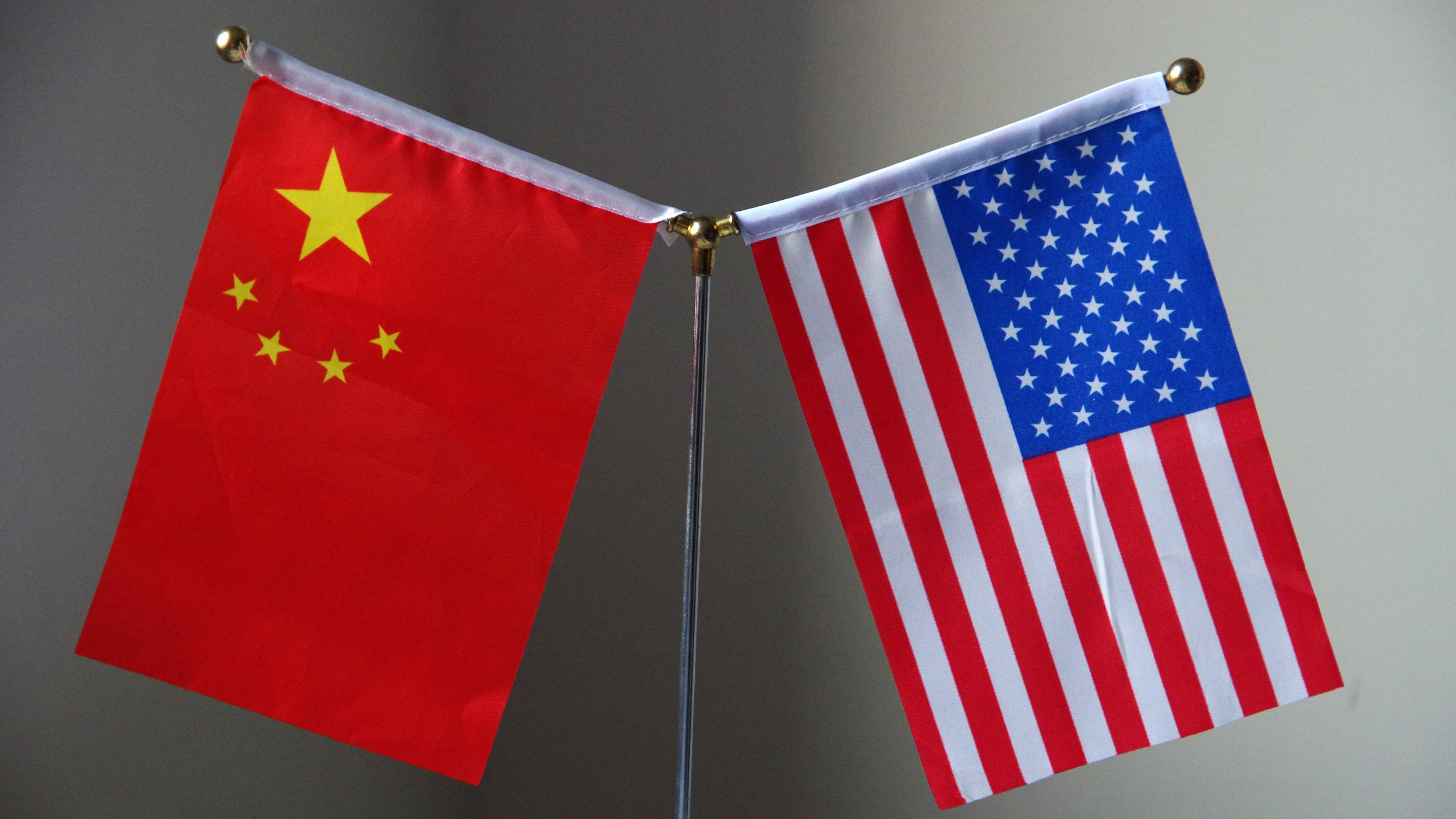

Editor's note: The article was first published by China Plus on July 31, 2019. The article does not necessarily reflect the views of CGTN.
Trade negotiators from China and the United States launched a new round of trade talks in Shanghai on Tuesday, the first formal sit-down between the two sides since the talks hit a wall in May.
However, just as the talks were getting underway, some on the U.S. side have been sending out negative signals by suggesting that the tariffs are hurting the Chinese economy, while helping the U.S., and by accusing China of seeking to renege on what was agreed at the last minute.
The U.S. side should have shown sincerity with the relaunched trade talks. Instead, it is taking this confrontational stance in an attempt to exert pressure on China and extract more concessions in the talks. This is contrary to the consensus reached by the two countries' heads of state during the G20 summit in Osaka.
Over the past year, after 11 rounds of consultations, the two sides have reached consensus on most of the issues, but they have also experienced setbacks. The reason is that the United States has always sought to exert maximum pressure and raise unreasonable demands that undermine China's sovereignty and dignity, making it difficult for the two sides to bridge their differences.
At their meeting in Osaka at the end of June, the heads of state of China and the United States agreed to resume the negotiations on the basis of equality and mutual respect, thus putting a possible solution back on track.
It has been noted that millions of tons of U.S. soybeans are being shipped to China. Meanwhile, the U.S. side announced that it would grant exemptions on tariffs on 110 items of Chinese industrial products exported to the United States and expressed its willingness to lift restrictions on American enterprises supplying certain Chinese enterprises. These steps show the willingness of both sides to implement the consensus of the Osaka meeting, and also raised hopes for the new round of talks in Shanghai.

VCG Photo
However, just as the talks restarted, some on the U.S. side have resorted to the old trick of maximum pressure. It has not worked on China in the past, it won't work now, nor will it work in the future. China has grown tired of it. After more than a year of trade frictions, it is obvious that there are no winners in a trade war. China's economy faced increased downward pressure in the first half of this year. But even so it managed to achieve steady growth, with major macroeconomic indicators standing within the reasonable range and showing its strong resilience and potential.
By comparison, the U.S. GDP in the second quarter increased 2.1 percent, down from the first quarter's 3.1 percent. It was the weakest growth since President Donald Trump took office in 2017. U.S. manufacturing fell into a "technical recession" in the first half of 2019, according to Federal Reserve data on industrial output. The IMF recently projected U.S. growth to reach 2.9 percent this year and 1.9 percent in 2020.
That is one of the reasons why the White House has repeatedly urged the Federal Reserve Bank to lower interest rates. Some in the U.S. have turned a blind eye to these facts in an attempt to hide from the public their apprehension in the face of the U.S. economic slowdown.
It makes no sense for the U.S. to accuse China of making last-ditch revisions to draft agreements, but they often do this so as to blame China for the failure of previous trade talks. Alterations to the texts of a draft agreement are common in trade consultations. The U.S. side has continuously adjusted its demands through the 11 rounds of talks. How can it then accuse China of reneging, when in fact it was its own violation of bilateral consensus, eating its own words, and the lack of sincerity that have caused setbacks in the trade talks?
It is not easy for China and U.S. to come back to the negotiating table. To churn out a good result, the two sides need to consider each other's reasonable concerns. If the U.S. continues to resort to the old pressure tactics, it will only end up harming the U.S.-China cooperative ties and letting go of the historic opportunity.
(If you want to contribute and have specific expertise, please contact us at opinions@cgtn.com.)

Copyright © 2018 CGTN. Beijing ICP prepared NO.16065310-3
Copyright © 2018 CGTN. Beijing ICP prepared NO.16065310-3